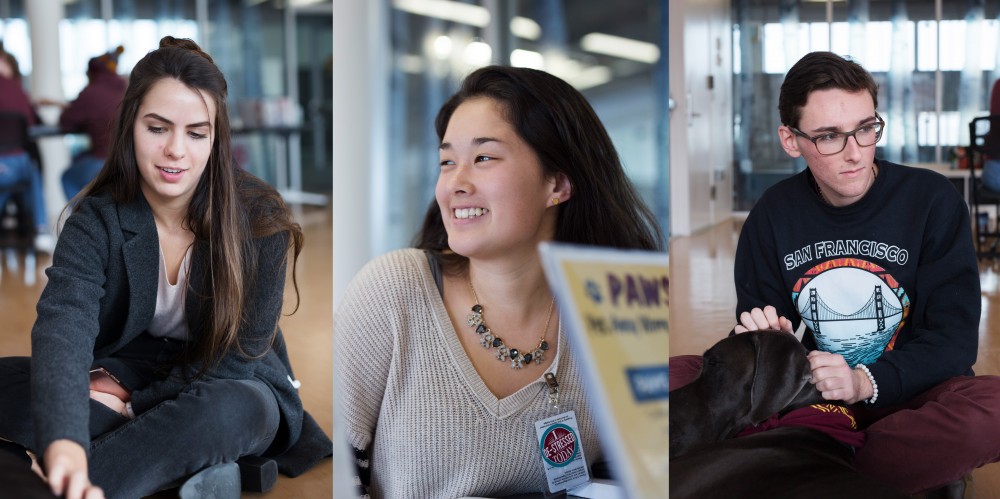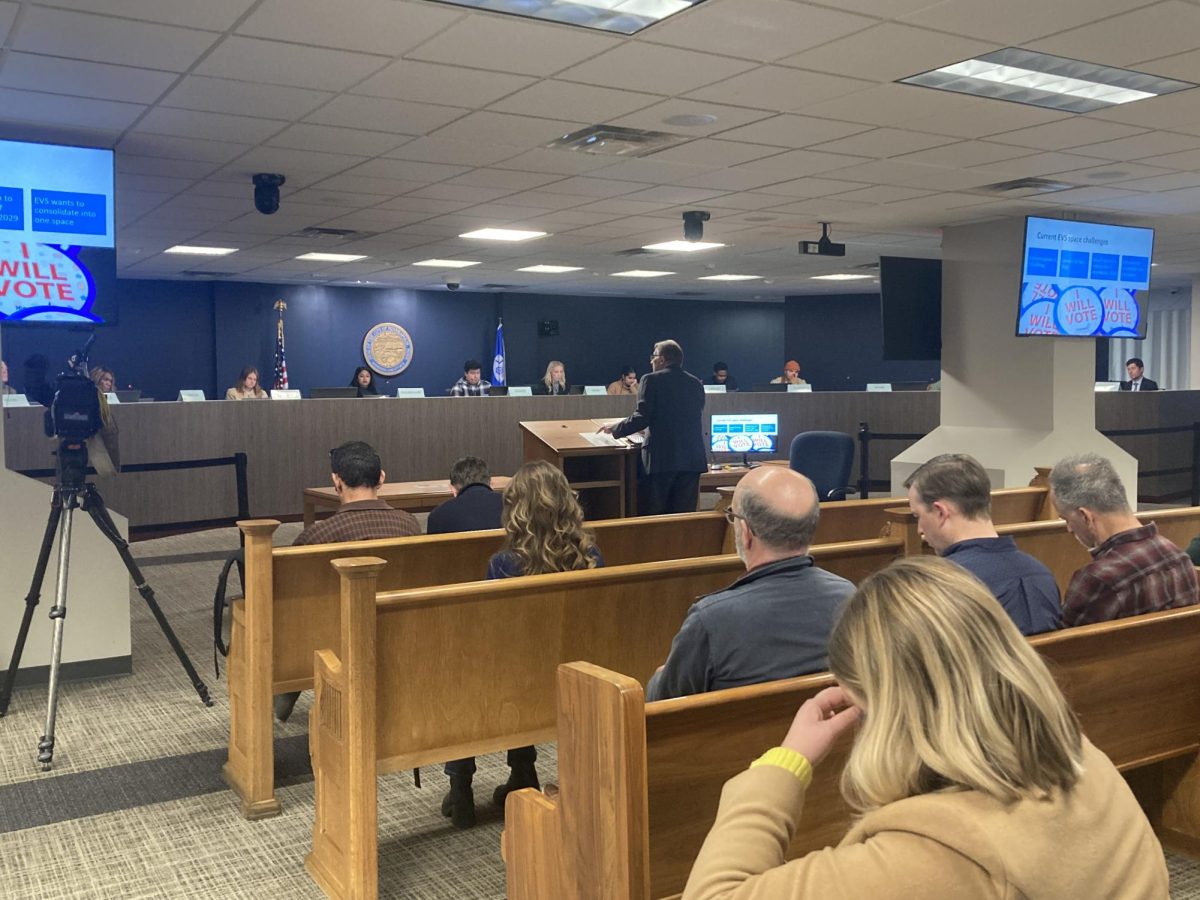A study released late last month found that Generation Z, consisting of those aged 15 to 21, is the most stressed generation.
Recent events, including gun violence, climate change and sexual harassment, are major stress-inducing factors that can lead to depression and anxiety, according to the American Psychological Association study. These factors are often highlighted by the media, making it difficult to escape.
Experts and students at the University of Minnesota agree that Gen Z college students show significant signs of stress.
Jake Loeffler, an outreach coordinator and staff psychologist for the University’s Student Counseling Services, said he’s not surprised by these findings.
“The environment that we’ve created is breeding depression,” Loeffler said.
Student Counseling Services has seen an increase in students seeking support this year, he said. Factors such as student debt and the implications of political events can lead to increased stress, Loeffler added.
“Our work-life balance is really high on the work side of things. And the student loan crisis is very real. That’s a lot for students to manage. … You’re making a huge financial decision right out of high school,” Loeffler said.
According to the study, much of the Gen Z population feels an overwhelming sense of disheartenment, not just about their world, but about the future of their country. 66 percent say they do not believe the nation is moving toward a stronger future.
In an effort to combat this, Jenna Hovind, a junior studying microbiology, volunteers with Pet Away Worry and Stress, an on-campus animal therapy program by Boynton Health. She does what many her age do: try to decrease, in any small way, the immense amount of stress they feel.
Hovind agreed with the study’s findings and blames technology for the proliferation of Gen Z’s stress.
“At any moment, we can just Google anything to see what’s going on in other countries,” she said. “We feel pressured to know what’s going on everywhere at all times, and that can feel super futile when it seems like we can’t change anything.”
Marla Krzmarzick, a freshman studying electrical engineering, said the stakes seem higher and the pressures greater when the world is available immediately through a screen, echoing the significance of technology and social media in the lives of Gen Z.
“Years ago, I think people stressed about things happening immediately around them,” Krzmarzick said. “Like, I stress about the paper I have due next week. But then there are all these awful things happening in the wider world — horrible, horrible atrocities. I feel like there’s nothing I can really do about that, and it stresses me out.”
Chelsea Collins, an undecided freshman, said she often tunes out the news because it acts as such a major source of stress. “I don’t watch news much. It’s just so negative, I try to avoid it,” she said. “Everything that gets reported on just makes me feel like the world is just such an awful place.”
The APA study showed members of Gen Z feel greater stress regarding national issues covered by the news than the broader adult population.
Alison Brown, who volunteers with PAWS regularly with her Great Dane, Phoenix, said young adults are facing stressors now that are far different than previous generations — including hers — have faced.
“I don’t think the stress has necessarily grown, per se, but I definitely think it’s changed,” Brown said. “Presidents didn’t communicate via tweets. It’s brutal and it’s frightening. That’s why we volunteer here.”
Looking forward, Loeffler said that it’s critical to focus on the positives.
“As human beings, we tend to focus on the negative. We tend to focus on all the things that go wrong, but it’s important to focus on all of the things that could go right, too,” he said.








